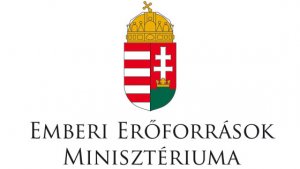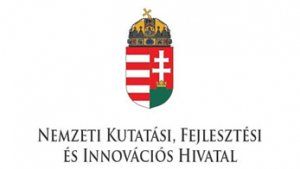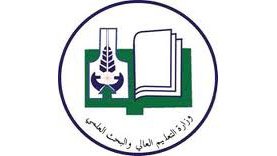The European Union and the global challenge of migration
Migration is a central and common phenomenon in human history. The international migrant population in Europe[1] is expected to increase in the future, due to economic and demographic factors, political unrest, conflicts and climate change. One aspect that has become increasingly clear in recent years is that, if the EU wants to successfully manage immigration flows at home, it needs to strengthen its cooperation with third countries of origin and transit of migrants, by fully addressing the root causes of migration and exploiting the potential of migration as a development enabler.


